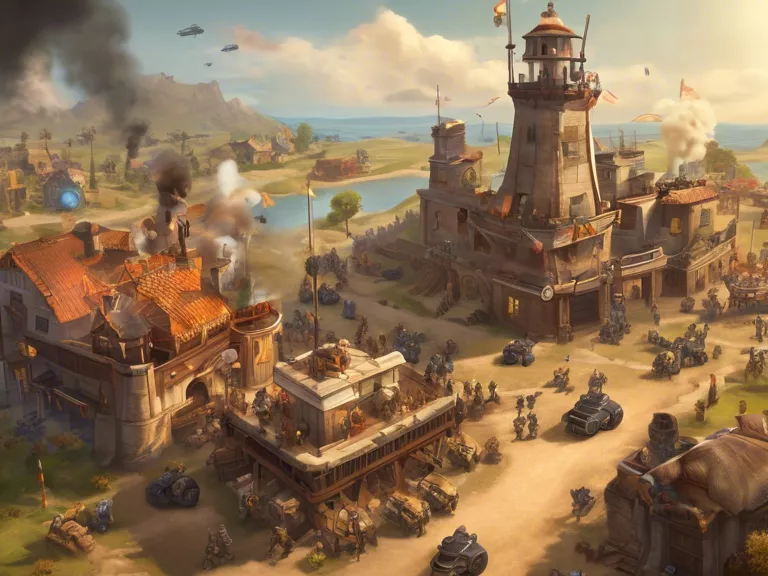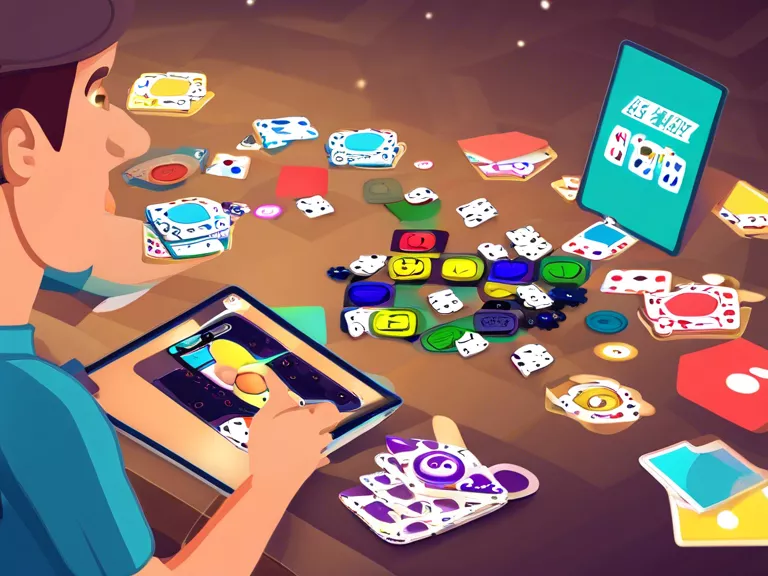
Real-time strategy games are more than just a form of entertainment - they can actually help sharpen your decision-making skills. By forcing players to think quickly and make strategic decisions on the fly, these games can improve cognitive abilities, problem-solving skills, and time management. In this article, we explore how real-time strategy games can benefit players in various aspects of their lives.
One of the key ways that real-time strategy games improve decision-making skills is by requiring players to think ahead and anticipate the consequences of their actions. In games like StarCraft or Age of Empires, players must constantly make decisions about resource management, troop deployment, and base building in order to outwit their opponents. This constant need to think ahead and strategize can help players develop the ability to make quick, effective decisions in real-life situations.
Another way that real-time strategy games sharpen decision-making skills is by forcing players to adapt to changing circumstances. In these games, conditions can change rapidly, requiring players to adjust their strategies on the fly. This ability to think quickly and adapt to new information is crucial in real-life scenarios, where unexpected obstacles can arise at any moment.
Additionally, real-time strategy games can improve time management skills by teaching players how to prioritize tasks and make quick decisions under pressure. In games where every second counts, players must learn how to allocate their time effectively in order to succeed. This skill can be incredibly valuable in the workplace, where deadlines and time constraints are common.
Overall, playing real-time strategy games can have a significant impact on your decision-making skills. By encouraging strategic thinking, adaptability, and time management, these games can help you become a more effective decision-maker in various aspects of your life.



